Intro
Discover 5 essential foods for a healthy pregnancy, including nutrient-rich options like lean proteins, whole grains, and fruits, to support fetal development and maternal well-being during this critical period.
Pregnancy is a unique and critical period in a woman's life, where her body undergoes numerous changes to support the growth and development of her unborn baby. A well-balanced diet rich in essential nutrients is vital for the health and well-being of both the mother and the fetus. Expectant mothers often have questions about what foods are best for them and their babies. Eating a variety of nutrient-dense foods can help ensure that pregnant women get all the necessary vitamins, minerals, and other nutrients.
A healthy diet during pregnancy can help support the baby's growth, reduce the risk of pregnancy complications, and promote a smooth delivery. It's essential for pregnant women to focus on whole, unprocessed foods, including fruits, vegetables, whole grains, lean proteins, and healthy fats. These foods provide the necessary building blocks for the baby's development and support the mother's overall health.
Pregnant women should also be mindful of their calorie intake, as their energy needs increase during pregnancy. However, it's crucial to choose nutrient-dense foods that provide the necessary calories and nutrients, rather than relying on empty calories from sugary or high-fat foods. By making informed food choices, pregnant women can help support a healthy pregnancy and give their babies the best possible start in life.
Introduction to Pregnancy Nutrition
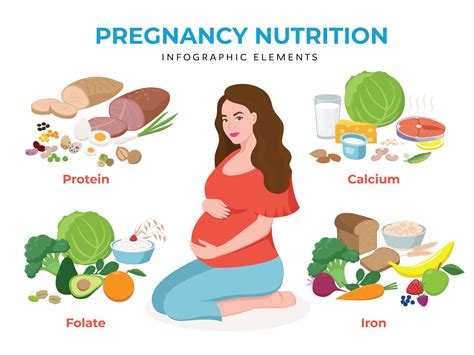
Key Nutrients for Pregnancy
Some of the key nutrients that pregnant women need to focus on include folic acid, iron, calcium, and protein. Folic acid is crucial for preventing birth defects of the brain and spine, while iron helps support the production of red blood cells. Calcium is necessary for the development of the baby's bones, teeth, and muscles, and protein provides the building blocks for the baby's growth and development. Pregnant women can get these nutrients by eating a variety of foods, including leafy green vegetables, lean meats, dairy products, and whole grains.Top 5 Foods for Pregnancy
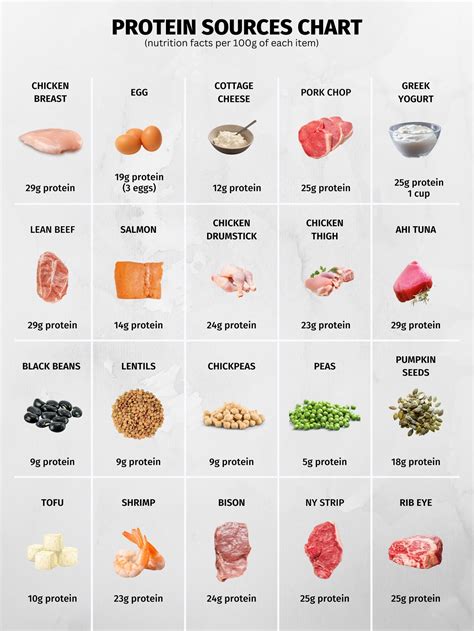
Benefits of a Healthy Diet During Pregnancy
Eating a healthy, balanced diet during pregnancy can have numerous benefits for both the mother and the baby. Some of the benefits include: * Reduced risk of pregnancy complications, such as gestational diabetes and preeclampsia * Improved fetal growth and development * Lower risk of birth defects * Easier delivery and recovery * Improved overall health and well-being for the motherNutrition Tips for Pregnant Women
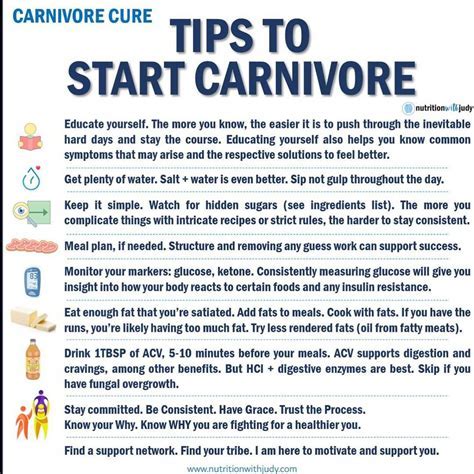
Common Nutrition Mistakes During Pregnancy
Some common nutrition mistakes that pregnant women make include: * Not eating enough protein, which can impair fetal growth and development * Not getting enough calcium, which can increase the risk of osteoporosis and other bone-related problems * Eating too much sugar and saturated fat, which can increase the risk of pregnancy complications * Not staying hydrated, which can lead to fatigue, headaches, and other symptoms * Not taking a prenatal vitamin supplement, which can help fill any nutritional gapsPregnancy Meal Ideas
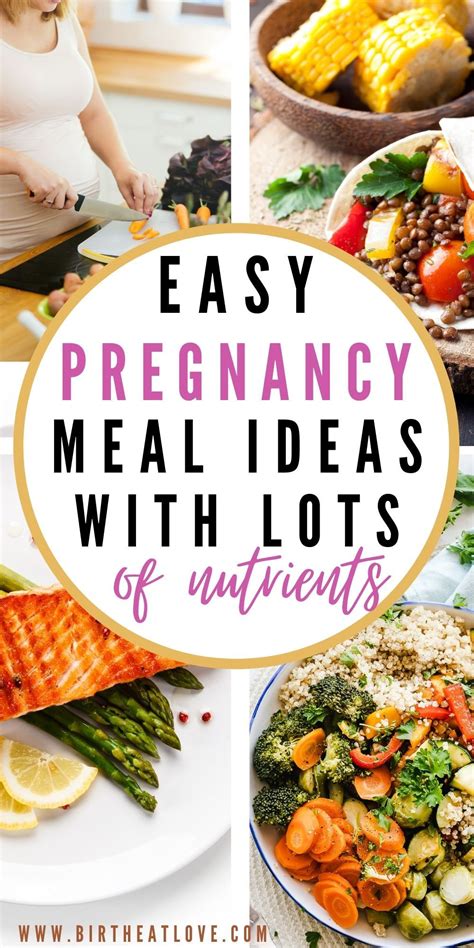
Food Safety During Pregnancy
Food safety is crucial during pregnancy, as pregnant women are more susceptible to foodborne illnesses. Some tips for food safety during pregnancy include: * Washing hands frequently, especially before and after handling food * Cooking food to the recommended internal temperature to prevent foodborne illnesses * Avoiding raw or undercooked meat, poultry, and seafood, which can increase the risk of foodborne illnesses * Avoiding unpasteurized dairy products and juices, which can increase the risk of foodborne illnesses * Storing food properly, including refrigerating perishable foods promptly and keeping raw meat, poultry, and seafood separate from ready-to-eat foodsPregnancy and Nutrition Myths
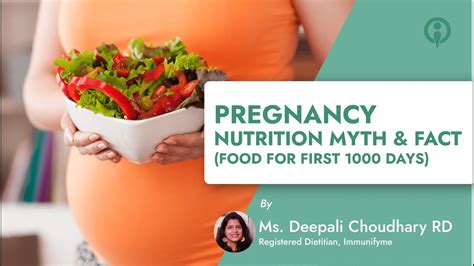
Pregnancy and Nutrition Research
There is ongoing research on nutrition during pregnancy, and new findings are continually emerging. Some areas of research include: * The importance of omega-3 fatty acids for fetal brain development * The role of probiotics in supporting maternal and fetal health * The impact of maternal diet on fetal programming and long-term health outcomes * The development of personalized nutrition recommendations for pregnant womenWhat are the most important nutrients for pregnant women?
+Folic acid, iron, calcium, and protein are some of the most important nutrients for pregnant women. These nutrients support fetal growth and development, as well as maternal health.
How can pregnant women ensure they are getting enough nutrients?
+Pregnant women can ensure they are getting enough nutrients by eating a variety of whole, unprocessed foods, including fruits, vegetables, whole grains, lean proteins, and healthy fats. They can also consider taking a prenatal vitamin supplement to help fill any nutritional gaps.
What are some common nutrition mistakes that pregnant women make?
+Some common nutrition mistakes that pregnant women make include not eating enough protein, not getting enough calcium, eating too much sugar and saturated fat, not staying hydrated, and not taking a prenatal vitamin supplement.
In summary, a well-planned diet is essential for pregnant women, as it helps support the growth and development of their babies. By focusing on whole, nutrient-dense foods and staying hydrated, pregnant women can help ensure a healthy pregnancy and give their babies the best possible start in life. We invite you to share your thoughts and experiences on pregnancy nutrition in the comments section below. If you found this article helpful, please share it with your friends and family who may be expecting a baby. Together, we can support the health and well-being of pregnant women and their babies.
